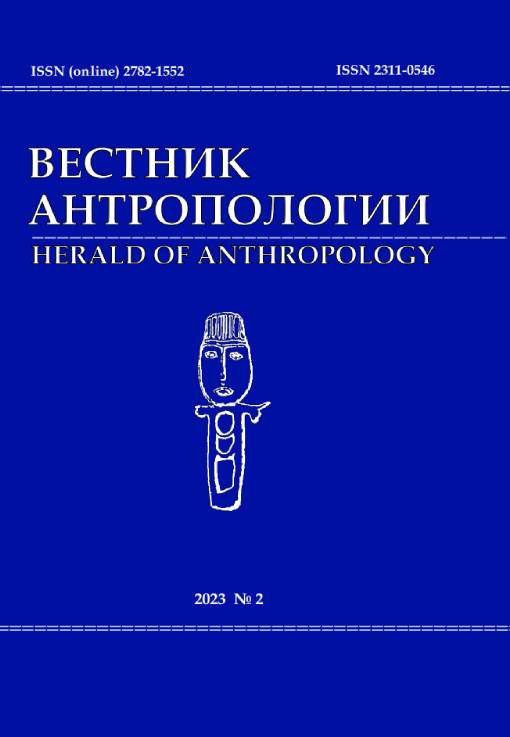Doukhobors in Livonia: Life in Exile and Release
DOI: 10.33876/2311-0546/2023-2/141-156
Keywords:
Doukhobors, religious dissent, legislation, exile, Livonian provinceAbstract
The article is devoted to the history of the Doukhobor sect members’ exile to Livonian province, to the Ezel island (nowadays Saaremaa) and to the Dynamind Fortress in the late 18th century. The documents from the archives of Russia, Estonia and Ukraine comprehensively show exile as a repressive measure, widely used by the state in the 18th century to solve problems related to religious dissidents. The study uses the example of the Doukhobors to examine all stages of exile, starting with the crime itself, which consisted in anti-church and anti-state statements, organization of gatherings, seduction of Orthodox Christians into the Doukhobor faith, and then subsequent activities of the Russian penitentiary system. The article describes the economic and daily life of the exiled Doukhobors, their behavior, and their relations with the local authorities. The author highlights those aspects of legislation and law enforcement practices, which were aimed not only at punishment, but also at the reformation and return of apostates to the bosom of the Orthodox Church, which played an important role in this process.





















